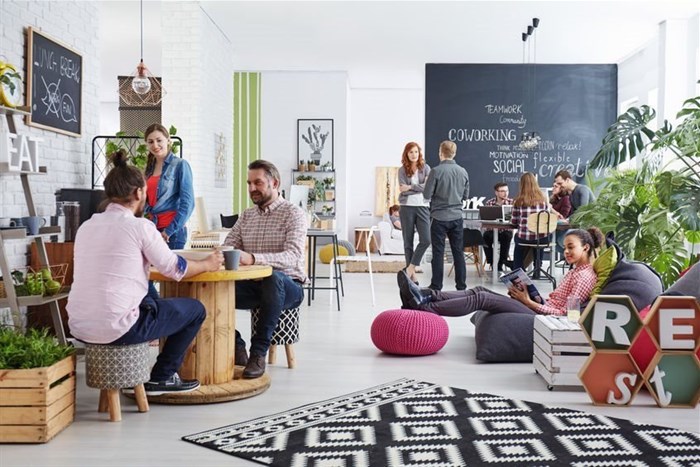When the Covid pandemic broke out, we embarked on one of the biggest experiments in modern time: working from home. Over two years later, as we hang out the washing while on Zoom, we're reminded that it hasn't ruined our business. But many of us are still missing water cooler moments, shared office lunches around a big table, and after-work drinks.

Image source: Katarzyna Bialasiewicz –
123RF.comThis may be why a growing number of employees around the world prefer a hybrid work set-up, which now includes coworking spaces. Nearly two-thirds of employees worldwide opted for a model that includes working from home, but also the office for seeing colleagues, building rapport, and in-person meetings, according to research by Future Forum. In the US, over half (52%) of workers wanted to have a more hybrid set-up, McKinsey found. In Australia this figure rose to 55%, said a study by Emburse, and to 57% for the Brits, data from Envoy and Sapio Research showed.
But what about employee productivity and well-being? Several studies have also pointed towards the benefits of a hybrid set-up. Workers that adapted this flexible model were 22% happier than their office-bound counterparts, even outlasting them in their jobs, Owl Labs found. Not only were they reported to feel reduced stress, but they had more concentration and better work/life balance, the research showed. Meanwhile a hybrid arrangement allowed workers to improve their health, with over half (56%) reporting better mental health, according to research from Ergotron.
Throw coworking spaces (now hired by an increasing number of organisations for permanent employees, some as an alternative to soaring property prices) into the hybrid mix and the benefits are enormous. According to research highlighted by the US Chamber of Commerce, belonging to a co-working space improved the health of 70% of its members. Nearly the same amount (68%) had better concentration and 64% finished tasks quicker.
Variety of knowledge and skills in one place
Once mainly for freelancers and start-ups, coworking puts everyone into the same pot. There’s plenty of water cooler moments to be had. For instance, you may be a content writer working in the space who suddenly has a tax question. Don’t worry, there’s three accountants working nearby you. This was a point highlighted only last month in a new study by Harvard Business Review on how coworking is impacting employee well-being. “There’s value in the diversity of experiences there,” a senior analyst in the US said of using coworking spaces. “You meet people that you’d otherwise be unable to at a standard office.”
As South Africa faces what some have labelled our ‘new pandemic’ – load shedding - there’s also now an extra incentive to work from the office, a coworking space, or even a mountain-top cafe, if you can do it, a few times a week. At Cape Town Office (CTO), our deal includes power and banana bread.
One of the newest members making use of our flexible coworking space is South Africa's online B2B news media, Bizcommunity.com. Since November 2022, Biz CEO, Andre Rademan and a core team have made CTO their home - where individuals or whole departments can get together for a day or whenever they choose, allowing them the option to work remotely or meet as needed. “The Biz team is really enjoying the face-to-face interaction in the office, the great coffee, all-day popcorn and views and other free amenities such as meeting rooms and even a recording studio!” says Rademan.
If we’ve learnt anything, as we were continuously told we were going to during the pandemic, surely it’s that no-one died working from home. But humans weren’t designed to work from a cave. Both are true, especially in a post-Covid world. The verdict is in. Research now shows that a hybrid model is not only preferred by workers, but it also works. Coworking spaces are already playing a great role in this, and will continue to do so going forward.



































